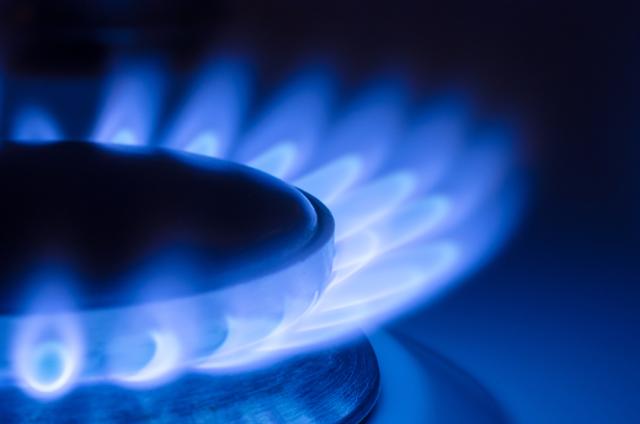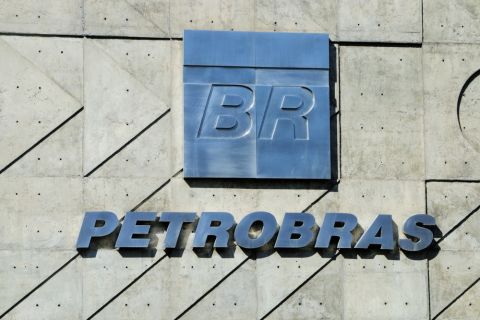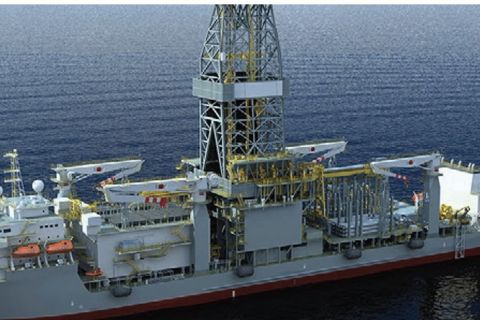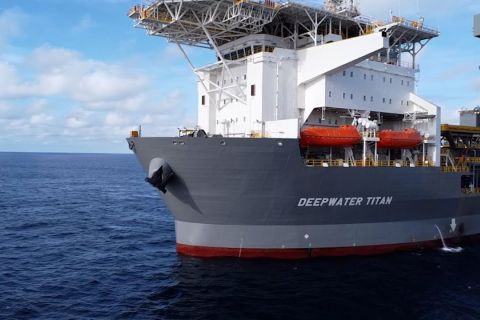
Brazil is working to strengthen its natural gas sector. (Source: Shutterstock.com)
RIO DE JANEIRO—As Brazil works to overhaul its natural gas sector, aiming to put gas—including associated gas from presalt fields—to use, the U.S. Trade & Development Agency (USTDA) is eyeing the country as an opportunity for American companies in the energy sector.
According to Gabrielle Mandel, the Brazil and Paraguay country manager for USTDA, the agency will fund a reverse trade mission to the U.S. in response to the opening of Brazil’s gas market.
“The technical visit will focus on midstream and downstream gas technologies for Brazilian distribution companies, including pipeline automation, expansion, LNG sources of supply and regasification,” she said during the recently held CWC Brazil & the Americas Gas Summit in Rio de Janeiro.
For over 25 years, the USTDA has been facilitating new business partnerships between U.S. companies and overseas gas project sponsors. Mandel said the move is part of a program launched with U.S. industry in 2017 called the U.S. Gas Infrastructure Exports Initiative, which aims to connect American companies to export opportunities.
“This initiative aims to advance gas infrastructure by connecting project sponsors to cutting-edge U.S. technologies, equipment, and solutions across the gas value chain in emerging economies, including Brazil,” she said. “At the same time, USTDA’s programs are paving the way for U.S. private sector engagement in gas projects around the world, including in Brazil.”
Mandel emphasized that these partnerships have made strides in upstream and midstream development, including the coalbed methane and coal mine methane sectors, ultimately helping emerging markets develop infrastructure and capacity to generate gas-fired power.
“USTDA is proud to have supported over 300 gas sector activities across 70 countries, facilitating $7.4 billion in U.S. exports, benefitting 373 U.S. companies,” Mandel said. “The agency will continue to build on its success by forming new partnerships with overseas project sponsors, including those in Brazil.”
Brazil’s Ministry of Mines and Energy is working to foster the so-called “New Gas Market,” which is based on pillars that include fostering competition, integration of gas supplies to electricity and industry network, and regulatory harmonization between federal and state governments.
“We have before us an unprecedented opportunity to promote a revolution in the gas sector,” Felix said, comparing it to the transformation made by shale gas in the U.S,” Marcio Felix, secretary of Brazil’s ministry of mines and energy, said during the OTC 2019.
RELATED: Brazil Gears Up For Auctions, ‘New Gas Market’
In early May, Brazil’s Energy Research Co. (EPE), a state-owned think tank published a study stating new routes to deliver natural gas produced in the presalt may require $2 billion in investments.
According to EPE, the construction of pipelines would have the capacity to carry between 10 million cubic meters per day (MMcm/d) and 15 MMcm/d, more than doubling the existing infrastructure. Currently, only two large pipelines connect the presalt to Brazilian terminals Route 1 and Route 2, which have capacity of 10 MMcm/d and 16 MMcm/d, respectively.
For Milton Costa, general secretary at Brazilian Petroleum, Gas and Biofuels Institute, having multiple players in the Brazilian natural gas sector requires an improved regulatory framework.
“We have had a very interesting increase in gas production over the last few years. However, gas pipeline infrastructure is still small. So we see a good opportunity,” he said during the CWC conference. “Brazil’s pipeline network has 9,400 km of length. In comparison with Argentina, the neighboring country has a pipeline network of 16,000 km. So we have to develop projects that encourage the entry of new pipelines and increase the gas supply produced in the presalt fields in Brazil.”
Recommended Reading
Petrobras to Step Up Exploration with $7.5B in Capex, CEO Says
2024-03-26 - Petrobras CEO Jean Paul Prates said the company is considering exploration opportunities from the Equatorial margin of South America to West Africa.
E&P Highlights: April 15, 2024
2024-04-15 - Here’s a roundup of the latest E&P headlines, including an ultra-deepwater discovery and new contract awards.
Valaris Updates Fleet Status
2024-02-19 - The backlog of these contracts and extensions is valued at $1.2 billion.
After 4Q Struggles, Transocean’s Upcycle Prediction Looks to Pay Off
2024-02-21 - As Transocean executives predicted during third-quarter earnings, the company is in the middle of an upcycle, with day rates and revenues reaching new heights.
E&P Highlights: Feb. 26, 2024
2024-02-26 - Here’s a roundup of the latest E&P headlines, including interest in some projects changing hands and new contract awards.





